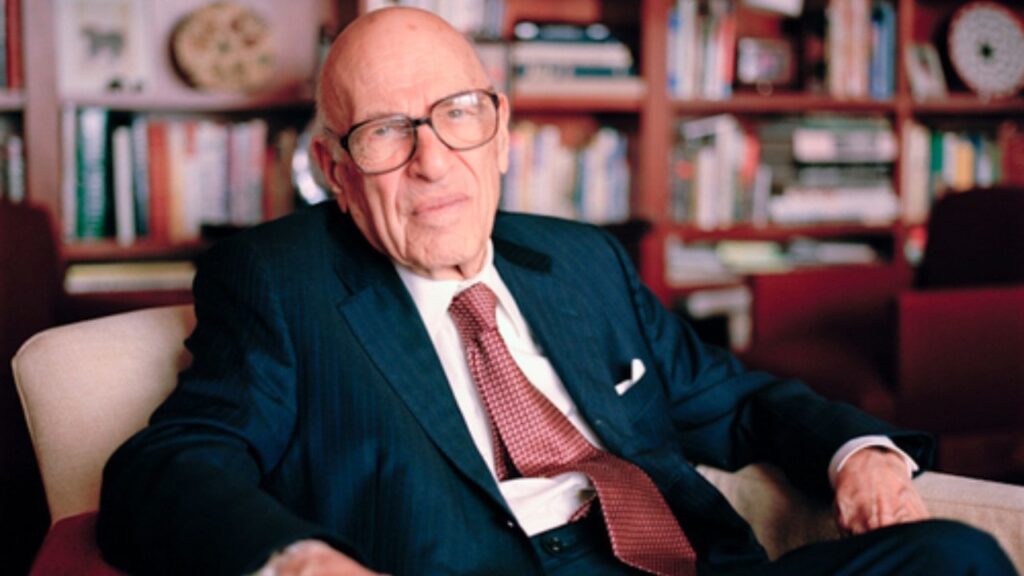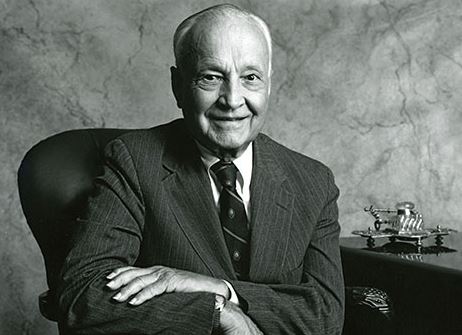Summary
- The “Is Value Investing Really Dead? Part 2” article explores how value investing has evolved in response to changing markets.
- Value investing is still relevant but requires adaptation to remain effective.
- An investor needs to analyze companies from a broader perspective and integrate emerging technologies and trends into investment decisions to succeed in today’s market.
When Buffett started work with Graham-Newman Corporation (GNC), he analysed stocks differently. In GNC, analysis of a business’s intrinsic value relied heavily on the balance sheet. Benjamin Graham did not think too hard about what differentiated a ‘good’ business from a ‘bad’ business. To Graham, so long as the stock was statistically cheap enough, it will usually be considered a candidate for investment in a widely diversified portfolio of stocks numbering in the hundreds.
Graham’s methods worked and his investment firm was very successful, but Buffett’s thoughts about investing had started to diverge a little. Buffett left Benjamin Graham’s firm in 1956 and started his own investment partnerships.
He started out using Graham’s methods and was very successful but eventually, Buffett would start investing in the way that people would most closely associate him with in modern times – investing in great businesses that can earn great returns on capital over the long term.
That would be a development that would take the introduction of two very important people – Charlie Munger and Philip Fisher, who would really reshape the way Buffett thought about investing.
But before we introduce Charlie Munger and Philip Fisher, let’s go back to 1954 when Buffett started work in GNC. In GNC, Buffett met Walter Schloss, who would quit Graham’s firm in 1955 to set up his own investing partnership. While Buffett will always be the ultimate poster child for modern value investing, Schloss is nonetheless a very important figure, the one-true torch bearer for Benjamin Graham who still uses the traditional way of value investing – looking for cheap companies.

Walter Schloss
Walter Schloss was about 10 years older than Buffett when they first met as colleagues in GNC. Buffett was the golden boy at the firm, favoured by Graham and the other important partners in GNC, while Schloss was treated as a normal employee.
But Schloss took Benjamin Graham’s lessons to heart. When he set up his own investing partnership in 1955, he used what he had learnt from Graham in his investing activities and never wavered all the way till his retirement in 2001.
For 46 years, Walter Schloss walked the talk by investing the “Ben Graham way”, focusing on the balance sheet and trying to buy companies that were selling below their working capital. His earliest investors have to thank their lucky stars, for Schloss grew every dollar entrusted to him into $662 by the time he retired, more than thirty times the returns from the overall stock market.
While the whole world was watching Buffett invest in companies like Coke, See’s Candies and American Express, Schloss was happily buying stocks that were selling for less than all their net assets.
As communication technology improved over the years, information flowed at a faster rate and Schloss found that Benjamin Graham’s famous Net-Net investing opportunities were beginning to dry up. So, Schloss modified it a little by investing in companies that were selling below their total net worth. Even as the internet-era arrived, Schloss still managed to profit handsomely by applying Graham’s investing methods.
Using this method, Walter Schloss generated returns of 20% per year for 47 years (15.3% net to his investors, which double the 7% return of the S&P during that period).
For those who said that Value Investing is Dead, we have to see if these people have a track record that is far superior than that of Walter Schloss.
DISCLOSURE
The above article is for educational purposes only. Under no circumstances does any information provided in the article represent a recommendation to buy, sell or hold any stocks/asset. In no event shall ViA or any Author be liable to any viewers, guests or third party for any damages of any kind arising out of the use of any content shared here including, without limitation, use of such content outside of its intended purpose of investor education, and any investment losses, lost profits, lost opportunity, special, incidental, indirect, consequential or punitive damages resulting from such unintended use.










